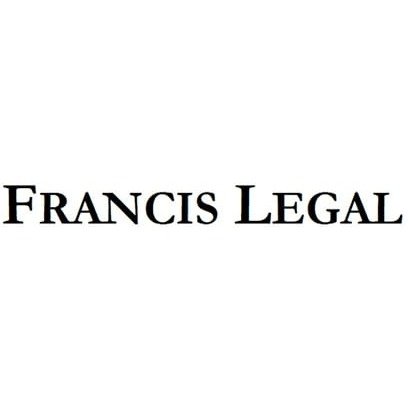Best Divorce & Separation Lawyers in Hornsby
Share your needs with us, get contacted by law firms.
Free. Takes 2 min.
Free Guide to Hiring a Family Lawyer
List of the best lawyers in Hornsby, Australia
About Divorce & Separation Law in Hornsby, Australia
Divorce and separation law in Hornsby, as with the rest of Australia, is mainly governed by the Family Law Act 1975 (Cth), which is federal law. This means the rules and regulations regarding divorce and separation are uniform across the country. The law primarily focuses on the best interests of any children involved, and it encourages parties to resolve disputes out of court wherever possible. To apply for divorce, couples must prove an irretrievable breakdown of the marriage, which is usually established by twelve months of separation.
Why You May Need a Lawyer
Legal advice is greatly beneficial when navigating the complexities of divorce and separation matters. Issues such as property division, child custody, spousal maintenance, and the finalisation of divorce filings often require legal expertise. Lawyers not only provide critical advice that helps in decision-making but also help in negotiating amicable settlements, thus reducing the stress and costs involved. If an agreement cannot be reached between the parties, a lawyer can assist you in mediation or represent you in court.
Local Laws Overview
The Family Law Act specifies that couples must be separated for at least 12 months before they can apply for divorce. Furthermore, if a couple has been married for less than two years, they must attend counselling before they can file for divorce. When it comes to property division, the law does not automatically split assets 50/50 - it considers each party's contribution, future needs, and other factors. Child custody arrangements are determined based on the best interests of the child.
Frequently Asked Questions
1. Can I apply for a divorce immediately after my separation?
No, Australian law requires a period of 12 months of separation before you are eligible to apply for a divorce.
2. Do I need my partner's consent to get a divorce?
No, a divorce can proceed even if one partner does not agree to it.
3. How are property and assets divided?
Property and assets are not automatically divided equally - the court considers the contributions made by each party, the future needs of each party and other factors when deciding how property is to be divided.
4. Who gets custody of children after separation or divorce?
The best interests of the child are always paramount. This may result in joint or sole custody arrangements, with a variety of factors considered, including the child's relationship with each parent, any history of violence or abuse, and more.
5. Are de facto relationships treated the same as marriages in a separation?
Yes, in general, the Australian Family Law Act treats de facto relationships much like marriages when it comes to separation and division of property.
Additional Resources
Beyond engaging a lawyer, individuals can also approach local organizations such as the Legal Aid NSW, Family Relationship Centres, and the Family Court of Australia for support and guidance. These resources can provide further information about your rights and responsibilities under the Family Law Act.
Next Steps
If you require legal assistance with a divorce or separation, it is advisable to consult with an experienced family lawyer. You can reach out to local legal practices or use online directories to find a suitable lawyer. Remember, it's important to gather all necessary documentation and information regarding your marital assets, debts, and child custody considerations to aid your lawyer in providing the best advice.
Lawzana helps you find the best lawyers and law firms in Hornsby through a curated and pre-screened list of qualified legal professionals. Our platform offers rankings and detailed profiles of attorneys and law firms, allowing you to compare based on practice areas, including Divorce & Separation, experience, and client feedback.
Each profile includes a description of the firm's areas of practice, client reviews, team members and partners, year of establishment, spoken languages, office locations, contact information, social media presence, and any published articles or resources. Most firms on our platform speak English and are experienced in both local and international legal matters.
Get a quote from top-rated law firms in Hornsby, Australia — quickly, securely, and without unnecessary hassle.
Disclaimer:
The information provided on this page is for general informational purposes only and does not constitute legal advice. While we strive to ensure the accuracy and relevance of the content, legal information may change over time, and interpretations of the law can vary. You should always consult with a qualified legal professional for advice specific to your situation.
We disclaim all liability for actions taken or not taken based on the content of this page. If you believe any information is incorrect or outdated, please contact us, and we will review and update it where appropriate.










